Margarita with a Straw: Examining Shonali Bose, Kalki Koechlin’s potent tale of self-discovery
As Kalki Koechlin turns a year older on 10 January, here’s revisiting Shonali Bose’s Margarita with a Straw, and how the film negotiated the intersection between sexuality and disability.
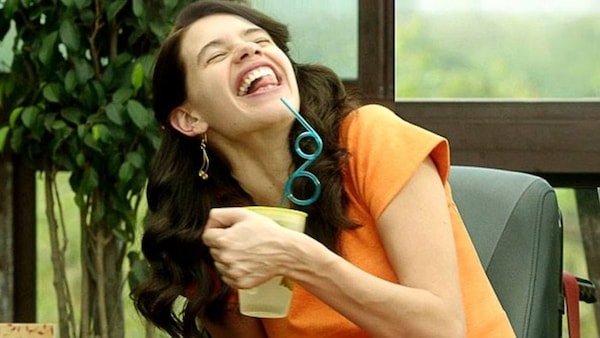
Last Updated: 10.44 PM, Jan 03, 2022
Perhaps the biggest achievement of Shonali Bose’s Margarita with a Straw, about a queer woman with cerebral palsy, is how it managed to explore the protagonist’s identity without singling her out or othering her. Laila (essayed by Kalki Koechlin in her career-best performance) plays a student at Delhi University, with a penchant for penning lyrics.
Right at the onset, the film normalises Laila’s condition. She is driven around in a van that has been customised for her, but her family members make no qualms about it. She shares a room with her brother, is helicopter parented by her overprotective mother and is loved by her peers in college.
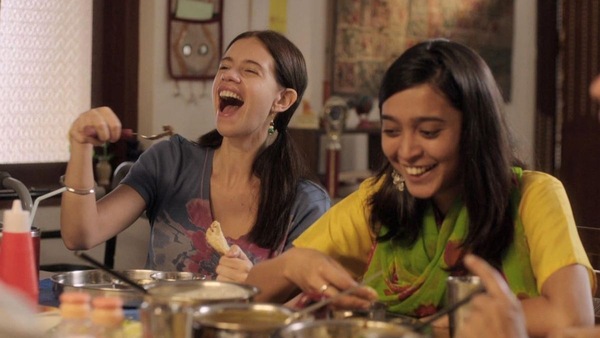
Bose’s exceptionally nuanced film details the struggles of a woman at the cusp of womanhood and sexual awakening. Unlike literary discourses and films that tend to portray those with disabilities as asexual or infantile in need of constant protection, Margarita with a Straw’s protagonist is adamant about exploring her desires. The film, co-written by Shonali Bose and Nilesh Maniyar, was conceived after the former’s cousin indifferently declared that she wanted to have sex on her birthday. As regular as the declaration might be, it made Shonali realise the lack of narratives around desire of disabled women.
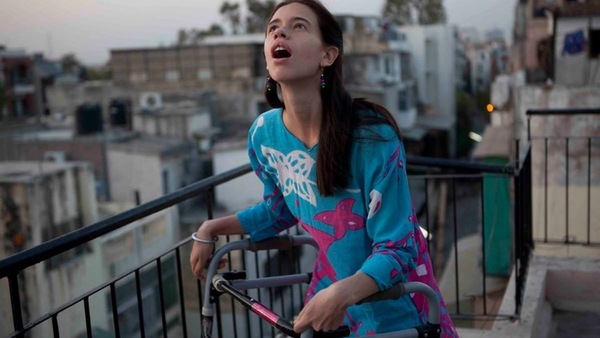
Margarita with a Straw is a coming-of-age tale about growing up, moving out of one’s parents’ house and finding one’s identity. Having grown up in a middle-class Delhi household and led a shielded life, Laila almost has a shared identity with her family, where the family has so attuned itself to Laila’s needs that her experience is no longer hers. This is especially true in the case of Laila’s mother (Revathy), who has now become an extension of Laila, nursing, protecting and holding her.
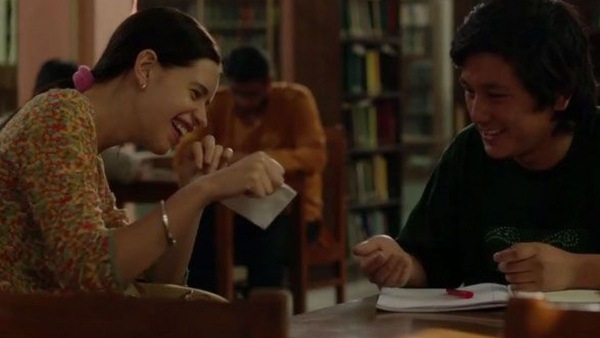
Hence, Laila’s departure to the US for higher studies enables her to discover not just her sexuality, but also her condition without the constant surveillance of her parents. Here, she is forced to find ways to navigate her life on her own terms — and she does so, stumbling several times along the way. She sells her grandmother’s jewellery to get hold of an Ipad, learns to fry eggs after demolishing many, and plunges headfirst into the possibilities of romance with a woman. She confronts her horrified mother by accusing her of breaching her privacy, who is unable to wrap her head around the concept of her daughter wanting space, the same daughter she has bathed all her life.
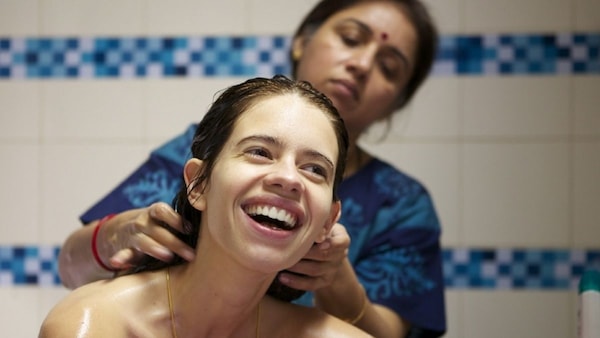
Within its framework, Margarita with a Straw also sheds light on the different experiences that its two disabled protagonists have through a queer romance. Khanum (Sayani Ghosh), a blind part Pakistani and part-Bangladeshi woman, is first introduced as partaking in a protest. She expresses her desire towards Laila for the first time at the New York museum when she takes her hand and lets her experience the exhibition through touch. Laila, who has never been pursued before, is thrilled and shocked when she becomes an object of desire for Khanum. She is so conditioned to equating desire with a notion of normalcy that she is enamoured by Khanum’s physical appearance. She compliments Khanum for having the “perfect” body for a modelling career. This yearning towards an imagined sense of normalcy leads Laila to scout for love in a man with the ability of sight. For her, to be desired by a person with sight is a validation of her physical appearance.
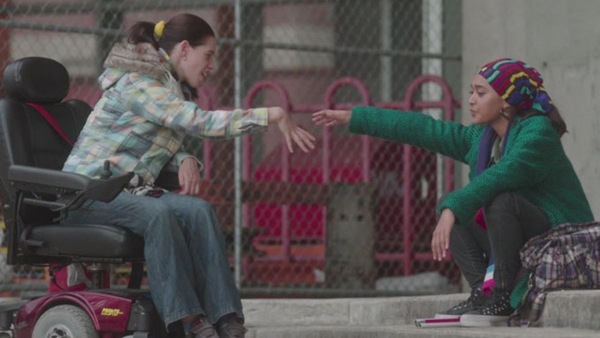
While both these women are disabled, their experience of living with disability is never bracketed under one ambiguous roof.
Margarita With a Straw, like The Sky is Pink, is not without its cinematic liberties. Laila’s struggles are more internal than external — she is surrounded by a loving family, friends who do not discriminate and live in a world where her sense of individuality is nurtured, not cast aside. It is an ideal world where she is loved, respected and treated as an equal without her having to holler for it. But it does not settle for a happily-ever-after. Laila loses her closest confidante and caregiver, her mother, to cancer, and her relationship with Khanum ends on a heartbreaking note. Yet, there is a glimmer of hope, in that Laila finally comes onto her own, without the guidance of her those around her.
Watch Margarita with a Straw here
